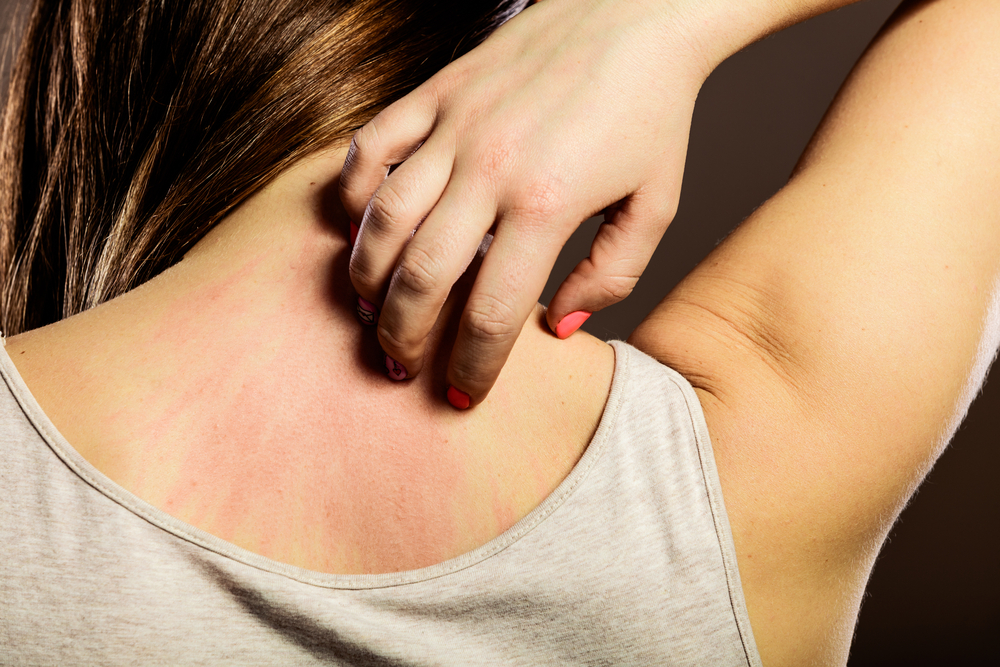Understanding skin allergies: All about diagnosis and treatments

Patients with allergies often experience rashes on the skin, also known as skin allergies. Skin allergies appear following exposure to an allergen. The symptoms can include itchiness and discomfort, and while some rashes get better on their own, you should consider seeing an expert for skin allergies silver spring. In this post, let’s discuss some basic aspects of skin allergies.
Types of skin allergies
There are different varieties of skin allergies. The first and most common one is eczema, which is characterized by symptoms like dry, thickened, rough, and itchy skin. Eczema may not be related to an allergy. Another type of skin allergy is hives, which appear like bumpy skin welts, which typically appear and fade away within a day. Hives are often related to allergens, but one may also have chronic hives. Angioedema is also a type of skin allergy that causes swelling in the deeper layers of the skin following exposure to an allergen and can be accompanied by hives. If you have touched an allergen, you may experience contact dermatitis, which is another kind of skin allergy.
Diagnosis for skin allergies
Your doctor will do a routine exam first to check if you have a skin allergy. They may need to do a skin prick test, where they will make tiny punctures in the top layers of the skin to dispense a certain allergen to see if your skin has a reaction. In many cases, an intradermal test is essential, where a tiny amount of a suspected allergen is injected into the inner forearm. You will need to wait 15 minutes to see if there is an allergic reaction. An intradermal test is often done after a skin prick test, especially if the latter was negative, but your doctor still suspects an allergic reaction.
Doctors often have to rely on blood tests to detect allergies, which is just like any other routine test. If your doctor suspects that you are allergic to a food item, they may ask you to eat smaller portions of the same in their clinic or hospital to spot an allergic reaction. In many cases, a patient may need to go for several tests to find possible allergens.
What is the treatment like?
Skin allergies are never the same in two patients, and therefore, your doctor will determine a customized allergy management plan. You may need to go for oral food allergy desensitization, and take medications and allergy shots as a part of the treatment. Topical skin creams may be recommended to minimize the immediate symptoms.
Call your doctor for skin allergy testing now.
